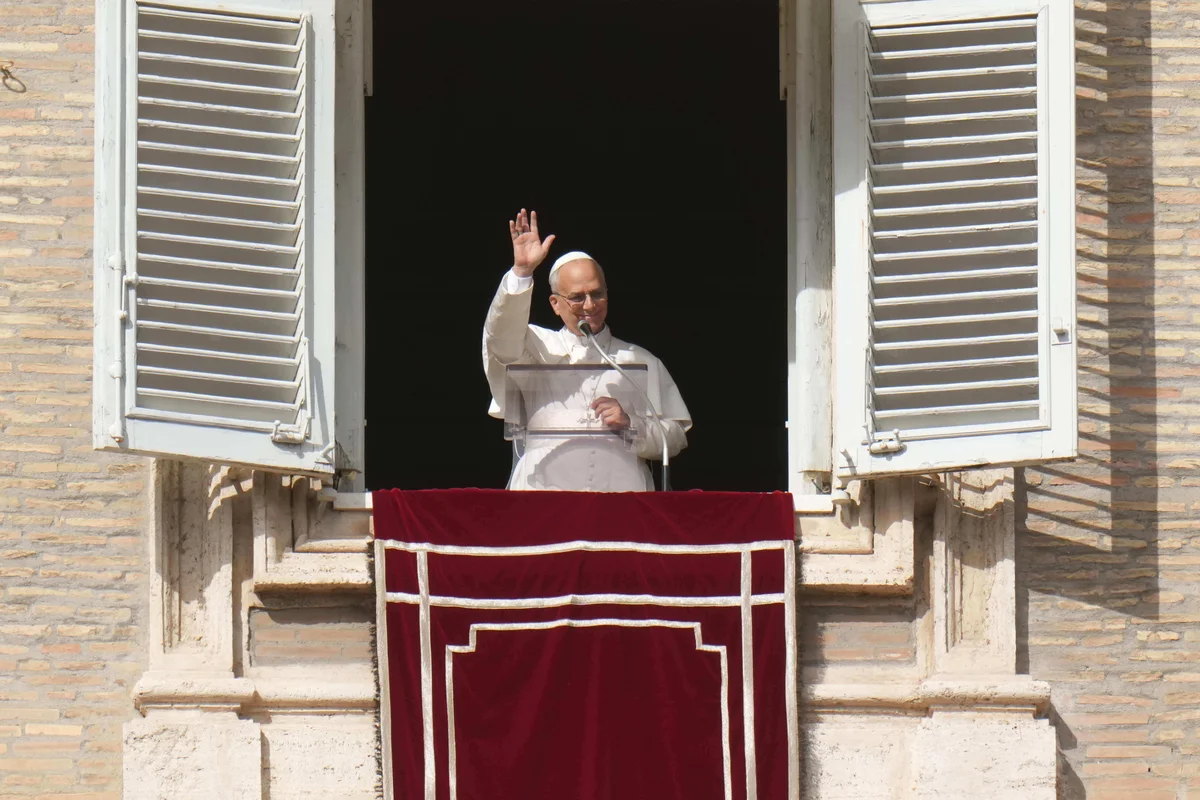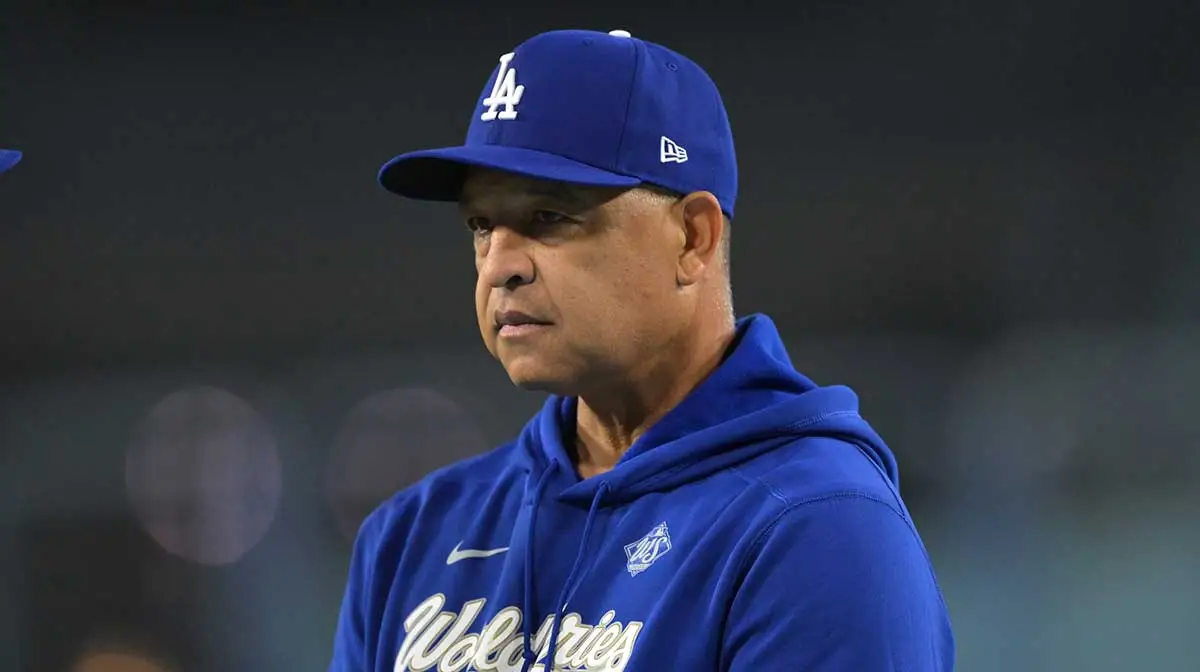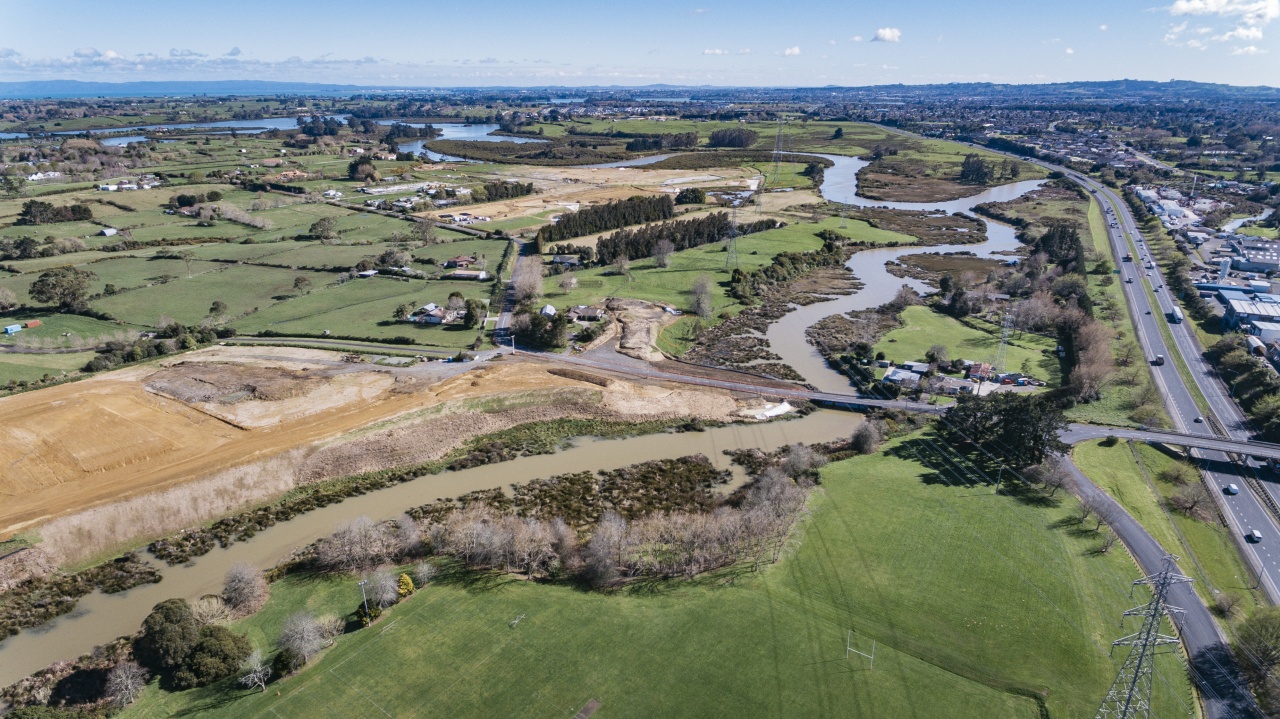Copyright independent

Pope Leo XIV is scheduled to undertake his inaugural foreign trip next month, with significant visits planned for Beirut and Turkey. The pontiff will pray at the site of the catastrophic 2020 port blast in Beirut, an event that tragically killed over 200 people and exacerbated Lebanon’s profound economic and political crisis. The Vatican confirmed the itinerary for the 27 November to 2 December journey on Monday, highlighting several key moments for history’s first American Pope. Beyond offering solace in Lebanon, the trip will see him travel to Turkey to commemorate the 1,700th anniversary of the Council of Nicaea, Christianity’s foundational ecumenical council, alongside Orthodox Christians. This landmark journey is set to address crucial themes of interfaith and ecumenical relations, the plight of Christians across the Middle East, and broader regional tensions. The visit holds particular resonance given that Pope Francis had expressed a strong desire to visit both nations, especially Lebanon, but was prevented by the country's ongoing instability before his death earlier this year. Leo made clear from the start of his pontificate that he would keep Francis’ commitment, and has several moments of prayer planned with the spiritual leader of the world’s Orthodox Christians, Patriarch Bartholomew I. Nicaea, today located in İznik on a lake southeast of Istanbul, is one of seven ecumenical councils that are recognised by the Eastern Orthodox. Leo will travel there by helicopter on Nov. 28 for a brief prayer near the archaeological excavations of the ancient Basilica of Saint Neophytos. In addition to the traditional protocol visits with Turkish and Lebanese leaders, meetings with Catholic clergy and liturgies, Leo’s visit to the site of the Aug. 4, 2020 Beirut port blast will likely be another stirring moment in his trip, coming on its final day. The blast tore through the Lebanese capital after hundreds of tons of ammonium nitrate detonated in a warehouse. The gigantic explosion killed at least 218 people, according to an AP count, wounded more than 6,000 others and devastated large swaths of Beirut, causing billions of dollars in damages. Lebanese citizens were enraged by the blast, which appeared to be the result of government negligence, coming on top of an economic crisis spurred by decades of corruption and financial crimes. But an investigation into the causes of the blast repeatedly stalled, and five years on, no official has been convicted. While Leo will celebrate Mass on the Beirut waterfront and travel to some areas near the Lebanese capital, his itinerary is significant for where he is not going: He will not visit Lebanon’s south, battered by last year’s war between Israel and the Lebanese militant group Hezbollah. While the brunt of the destruction was concentrated in Shiite communities that form Hezbollah’s main base of support, Christian communities were also impacted by the conflict, with houses, agricultural land and even churches destroyed. Christians groups in southern Lebanon had lobbied for the pope to visit the area. In Turkey, there are also no plans for Leo to visit the landmark Hagia Sophia monument in Istanbul as previous popes have done. The former Greek Orthodox patriarchal basilica, which was a mosque during Ottoman times, was a museum when Pope Francis visited in 2014. But in 2020, Turkish President Recep Tayyip Erdogan’s government changed its status from a museum back to a mosque and opened it up to Muslim worship. At the time, Francis said he was “deeply pained” by the decision. Despite the renovations to preserve its historic domes, Hagia Sofia remains open to visitors and worshippers. Leo will visit the nearby Sultan Ahmed Mosque, popularly known as the Blue Mosque.



